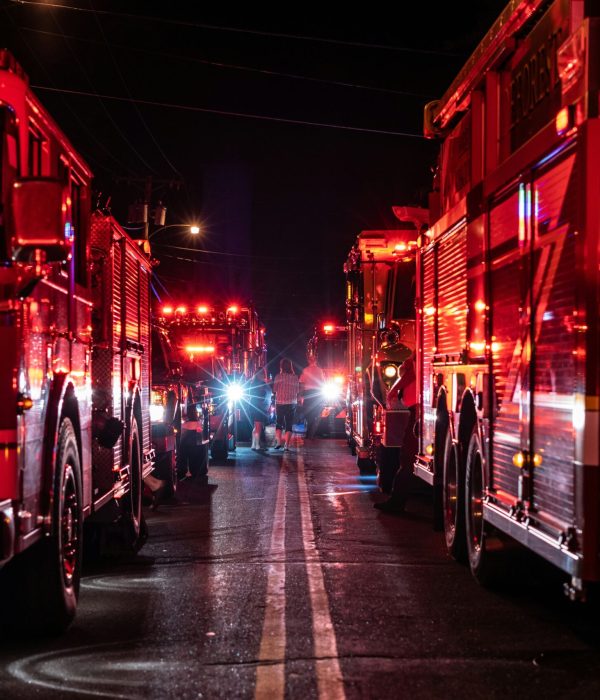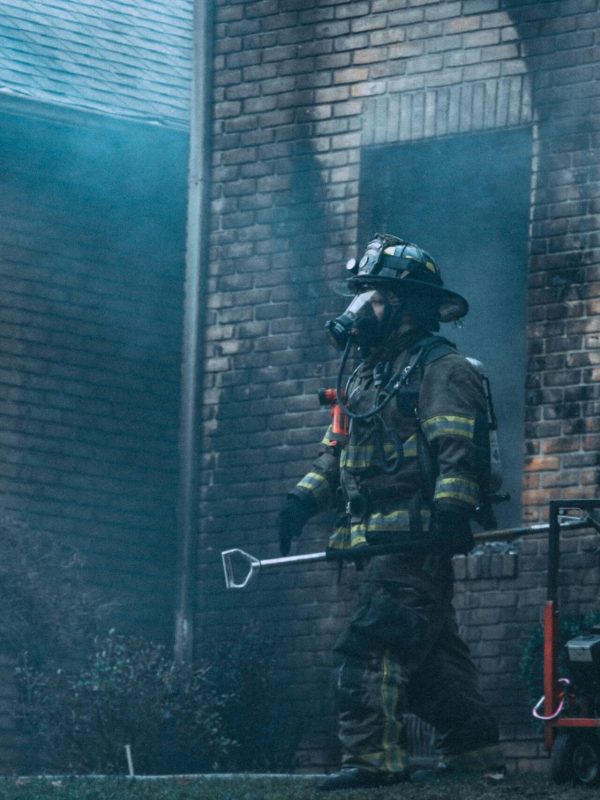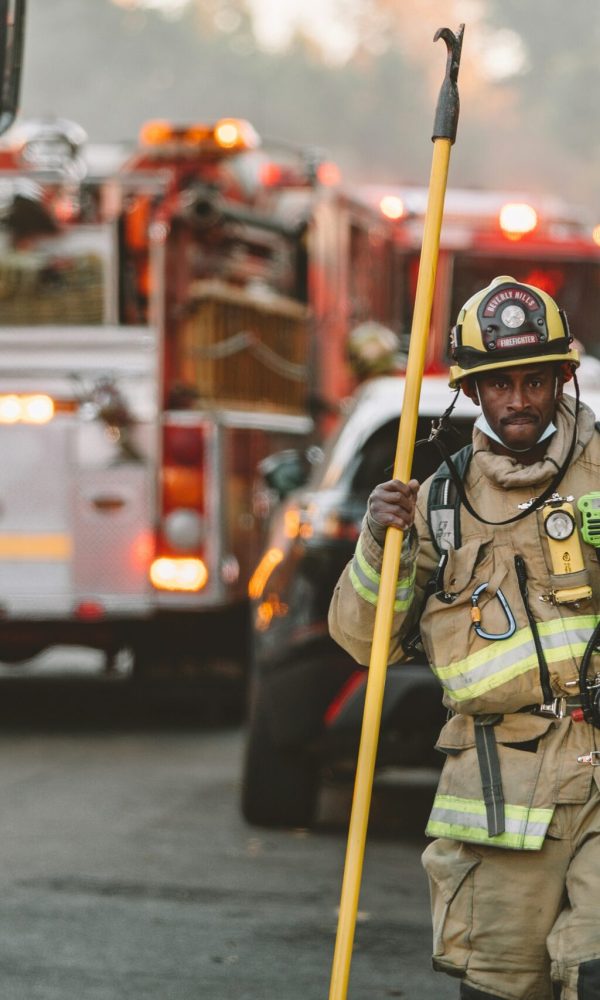Superior Industrial Fire Services, Inc.

An industrial firefighter is a highly trained professional specializing in fire prevention, suppression, and emergency response within industrial settings. Unlike municipal firefighters who respond to a broad range of residential and commercial fires, industrial firefighters focus on specific hazards associated with manufacturing plants, chemical facilities, refineries, power plants, and other industrial environments. These firefighters are experts in dealing with the unique challenges presented by the materials and processes used in these industries.
Industrial firefighters undergo rigorous training to understand the complex systems and potential dangers inherent in industrial operations. They are skilled in handling hazardous materials, managing large-scale fire incidents, and executing specialized rescue operations. Their primary goal is to ensure the safety of the facility, its workers, and the surrounding community by mitigating fire risks and responding swiftly to emergencies.
The role of an industrial firefighter encompasses a variety of critical tasks designed to prevent and respond to fire-related incidents. Their responsibilities include:


The workplace of an industrial firefighter is unique and often challenging. These professionals operate in environments that are inherently more hazardous than typical residential or commercial settings. Some key aspects of their workplace include:
Due to the dynamic nature of industrial environments, continuous training is a critical aspect of an industrial firefighter’s job. They undergo ongoing education to stay updated on the latest fire suppression techniques, safety protocols, and industry regulations. This commitment to professional development ensures they are well-prepared to handle evolving challenges.

